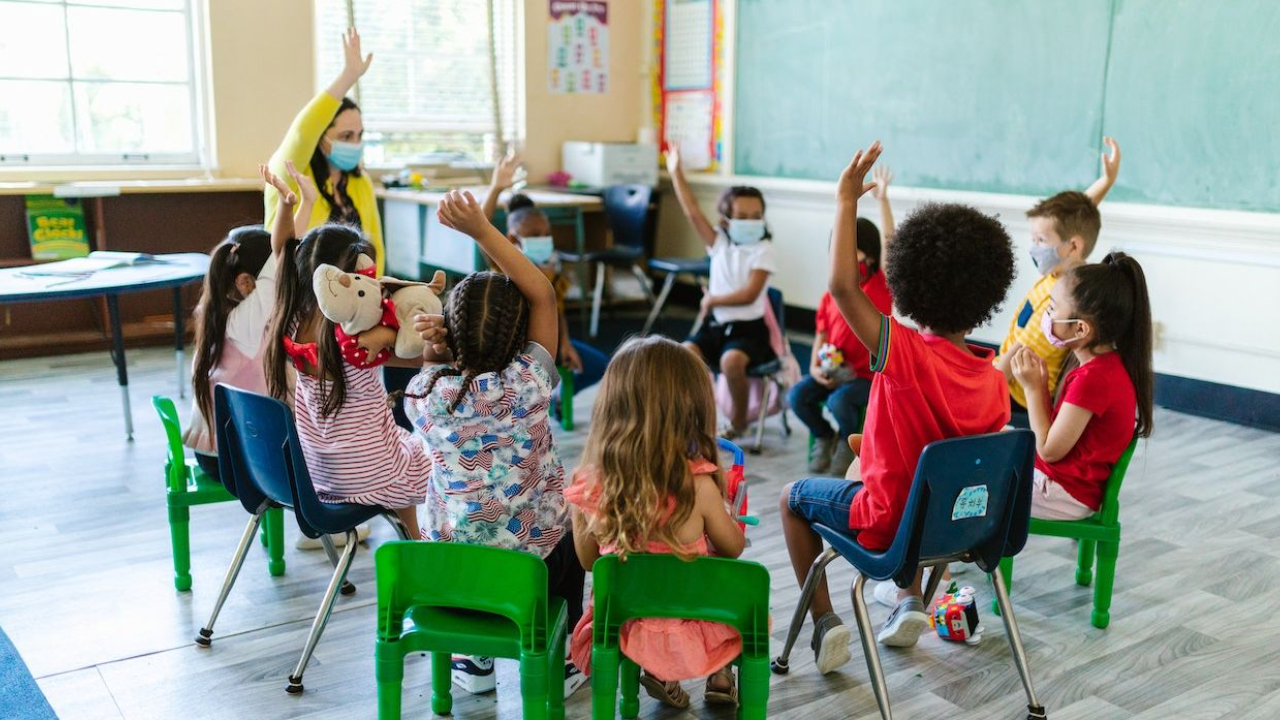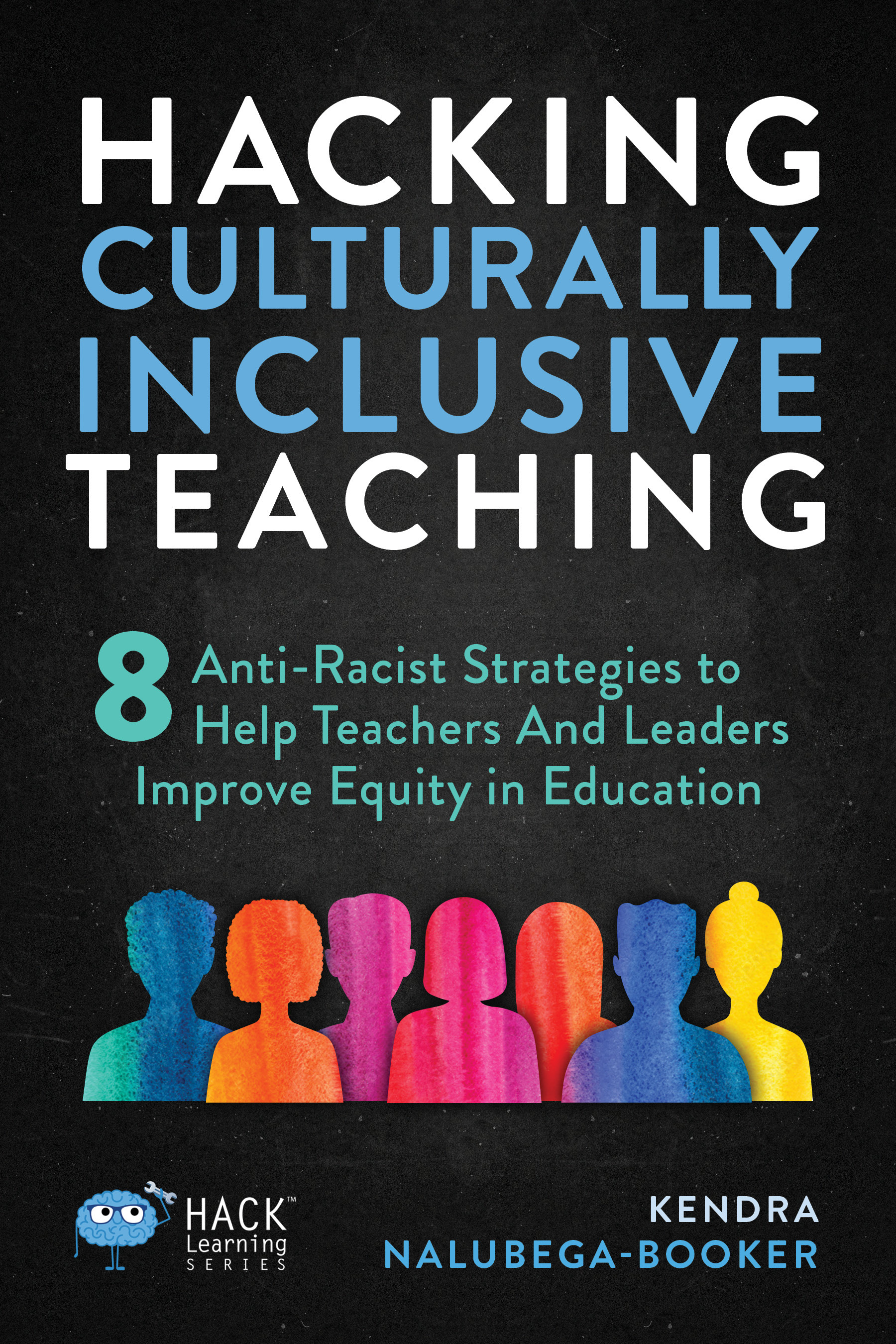Integrate Culturally Inclusive and Sustainable Practices
Feb 01, 2023
By Kendra Nalubega-Booker
Today, education faces many new issues. The COVID-19 pandemic has further exacerbated preexisting educational inequalities, despite the fact that many of these challenges are relatively new.
Some educators have struggled to adapt to computer-based learning and lack the necessary training. Accessing resources has become more difficult as the number of people requiring assistance has increased globally, which has impacted our students in schools. This includes the challenges of digital equity—but is far from limited to it.
Jean Kayitsinga, an assistant professor at the Julian Samora Research Institute, conducted a study and found that the pandemic has disproportionately impacted racial and ethnic minority groups with Latinos, African Americans, and Native Americans at rates doubling their White counterparts.
His findings align with many other studies that have called out racial inequities in education, even before the pandemic.
- Students in vulnerable communities have lacked access to the necessary technology and the internet.
- Teachers had to adjust to hybrid and virtual learning without proper training abruptly, and many did so with much weaker resources than others.
- Loss of income has affected teachers, students, and parents, especially in racialized communities.
- The quick turn-around in teachers and substitute teachers is due to sickness, unstable schedules, and low wages.
- Mental health peaked due to isolation and other factors that we have yet to fully understand.
- Access to even basic resources became harder.
Fortunately, the technology we do possess is a great tool for cultivating cultural collaboration among students and also helps students work with each other by sharing ideas and relying on each other's strengths and skill sets.
Some students may be more advanced than others; even simple technology, if used well, allows you to facilitate their learning and give them more autonomy. Using this method, you can give your students a chance to reflect, develop critical thinking skills, and experiment with new ways to demonstrate their understanding.
In this case, your main goal is to have students learn something new, which expands their mindsets.
Standardized testing, whether on a mass or micro level, also highlights that there is a distinction between testing all students, in the same manner, to meet a particular end goal and testing to ensure that all assessments are suitable and inclusive of all students.
The latter is not always the case, as federal K-12 education legislation mandates that states verify that students are achieving assessment standards. As a result, teachers have little to no flexibility to adopt their assessment strategies, as well as their curriculum, to meet all student needs.
There is a call for collaboration among educators and other stakeholders to adopt Anti-racist methods and support culturally inclusive efforts in their classrooms to combat these challenges, such as:
- Creating “Brave Spaces” where diverse ideas are welcome and challenged.
- Staying informed about social-economic issues and how they affect students.
- Co-creating knowledge with students by including their cultures and languages.
- Diversifying learning materials and resources, by shifting from traditional, Eurocentric materials.
- Designing learning experiences beyond the classroom, inviting lived experiences as learning resources.
- Reflecting on your own practices and revising when necessary to promote diversity, inclusion, access, and equity.
There is a growing wealth of literature on integrating culturally inclusive and sustaining practices in learning and teaching—however, there is a disconnect in the actual implementation of said practices.
Traditional methods heavily rely on dominant, monolinguistic culture and assimilative approaches, causing insufficient support for racialized students, who still face challenges negating predominantly white classrooms, with little to no representation of their cultures or languages, which experts predict will worsen due to the pandemic
—unless we act now.






